5 Pioneering Arab American Scholars
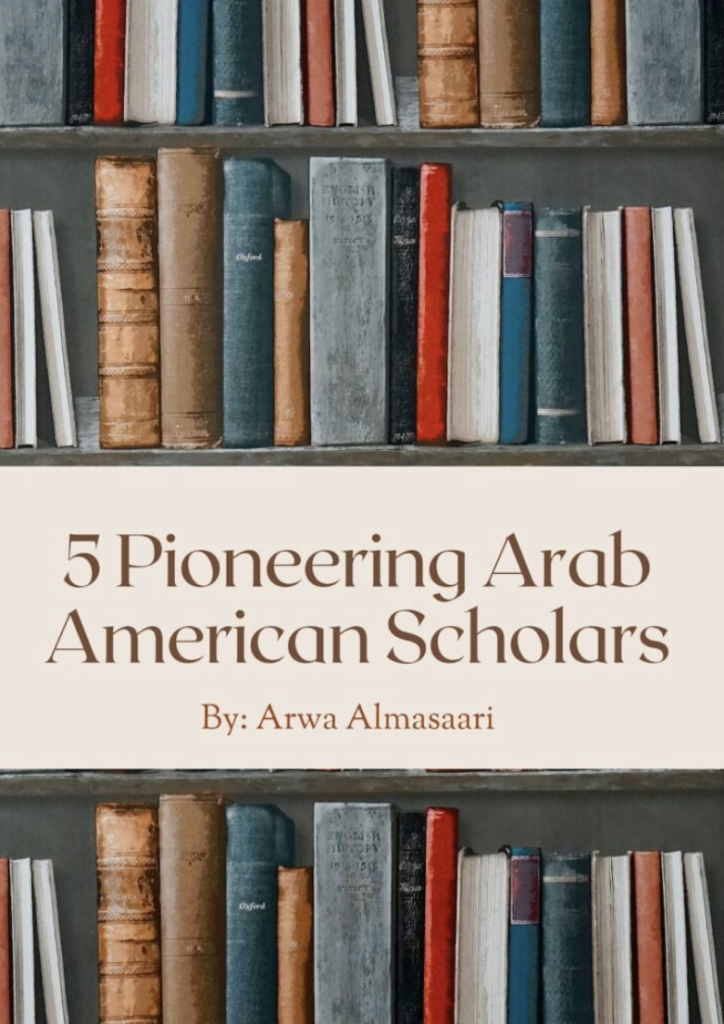
By Arwa Almasaari / Arab America Contributing Writer
Arab American studies as a field owes much to the groundbreaking work of many pioneers. We are indebted to numerous professors, but for the scope of this work, we will focus on the lives and legacies of five pioneering Arab American scholars: Alixa Naff, Evelyn Shakir, Jack Shaheen, Michael W. Suleiman, and Edward Said. Though these great academics have passed away, their impact on the field remains profound. Each brought unique insights and dedication to their respective fields, from historical documentation and literary scholarship to media criticism and political science. Through their groundbreaking efforts, these intellectuals have laid a foundation that inspires and informs future generations.
Alixa Naff
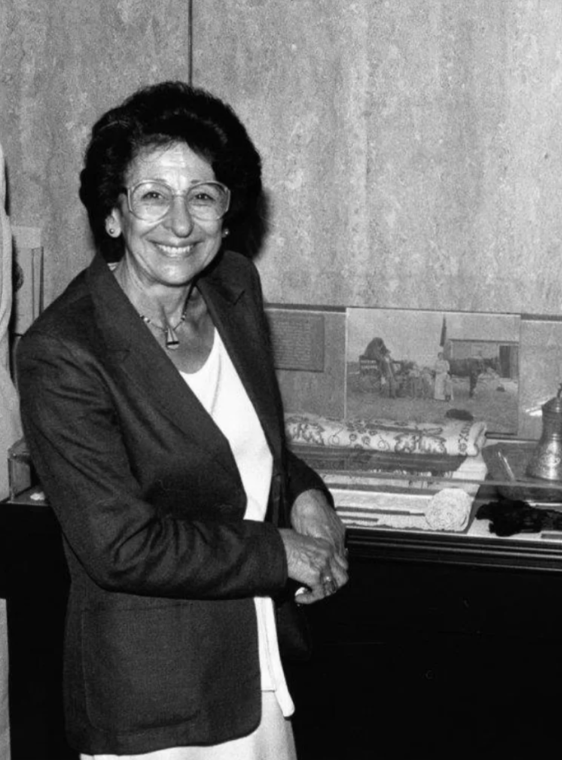
Alixa Naff (1919-2013) was a Lebanese-born American historian. Naff earned both her MA and PhD (1972) in History from UCLA. She dedicated her career to documenting the first wave of Arab American immigration to the U.S. from the late 19th to early 20th centuries. Naff’s seminal work, Becoming American, published in 1985, explores the assimilation of early Arabic-speaking Syrian immigrants, focusing on the significant role of peddling in this process. She collected testimonies from immigrants and their descendants, providing a detailed narrative of their journey. Naff’s extensive collection of artifacts offers invaluable insights into their personal stories. The Khayrallah Center presents the annual Alixa Naff Prizes in Migration Studies to honor her groundbreaking work documenting immigrant histories. Naff donated her collection of artifacts, photographs, and oral history to the Smithsonian Institution in Washington, D.C., naming it after her parents, the Faris and Yamna Naff Arab American Collection.
You can browse Naff’s collection here:
Faris and Yamna Naff Arab American Collection on the Smithsonian Online Virtual Archives.
Michael W. Suleiman
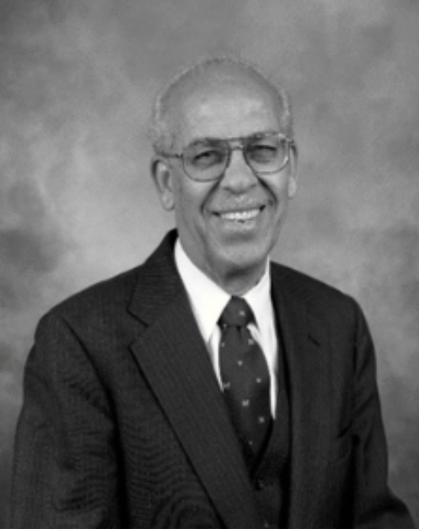
Michael W. Suleiman (1934-2010) was a distinguished political science professor and a pivotal figure in Arab American studies. Born in Tiberias, Palestine, he eventually moved to the U.S. for his graduate studies and earned a PhD in political science. Suleiman co-founded the Association of Arab American University Graduates and served as its president. His book, Arabs in America, is a cornerstone of research on Arab American identity and history. He played a crucial role in establishing the American Arab National Museum in Dearborn, Michigan, and served on its National Advisory Board. Suleiman was among the first to explore lesser-known archives and publications about early Arab immigrants in the U.S., preserving valuable primary source materials for future scholars. In his honor, Kansas State University established The Michael W. Suleiman Chair in Arab and Arab-American Studies.
Jack Shaheen
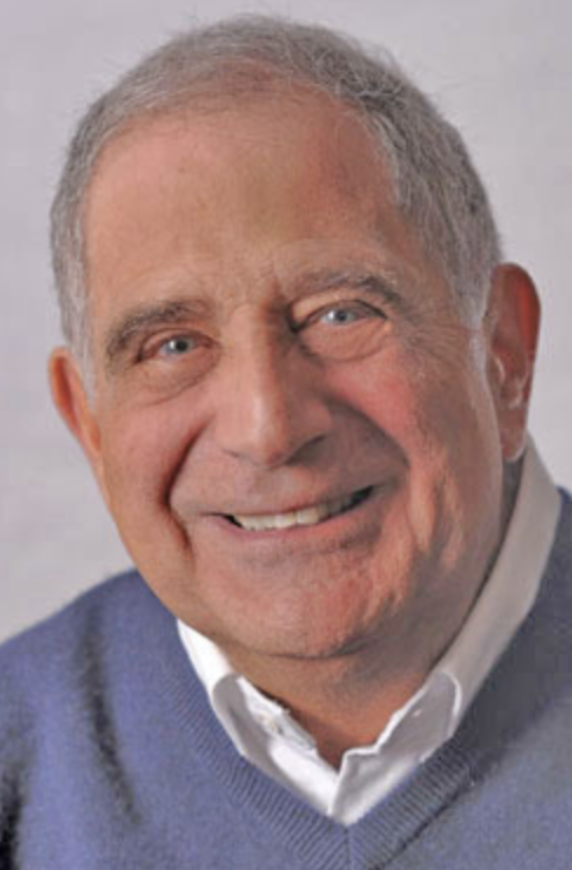
Jack Shaheen (1935-2017) was a prominent Arab American scholar with a PhD in communication. He dedicated his career to challenging racial and ethnic stereotypes of Arabs and Muslims in U.S. media. His groundbreaking books, Reel Bad Arabs and The TV Arab, critically examine Hollywood’s portrayal of Arab characters. One of Shaheen’s notable achievements was in 1993 when he successfully helped the American-Arab Anti-Discrimination Committee persuade Disney to revise insensitive song lyrics in the film Aladdin. Shaheen’s extensive collection of thousands of movies, TV shows, games, toys, and books documenting distorted representations of Arabs and Muslims, housed at New York University, is a valuable resource for understanding and combating stereotyping.
Edward Said
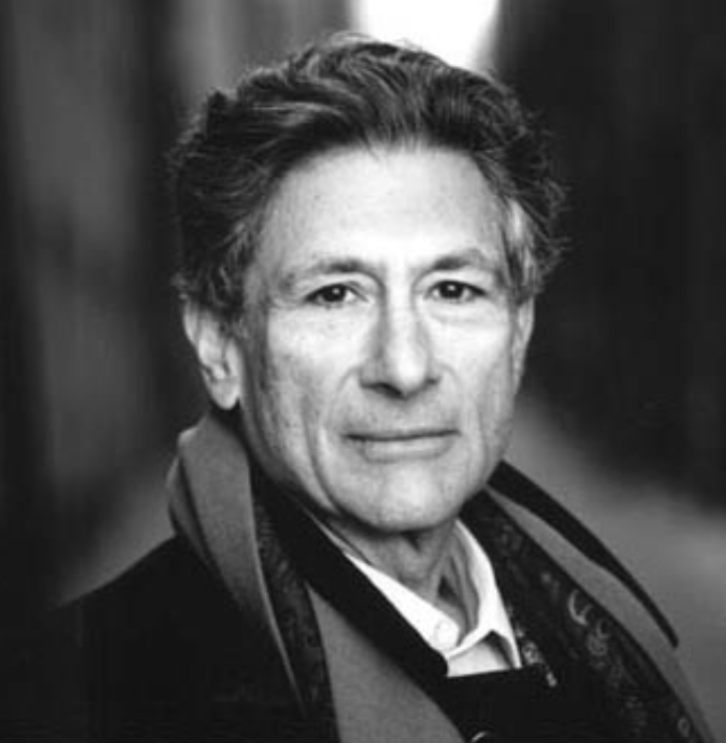
Edward Said (1935-2003) was a Palestinian-American philosopher, literary critic, and political activist. His background as an Arab American and his PhD in English gave him profound insights into power relationships and their influence on literature and knowledge production. Notable works by Said include Orientalism, Culture and Imperialism, and The World, the Text, and the Critic. His scholarship has greatly impacted literary theory, Middle Eastern studies, and the global understanding of cultural representation and power dynamics. Said is renowned for founding the field of postcolonial studies. In his honor, Columbia University has established the Edward Said Professorship of Arab Studies.
Evelyn Shakir

Evelyn Shakir (1938-2010) was a pioneering scholar in Arab American literature with a PhD in English. She was among the first to publish academic papers recognizing Arab American literature as a distinct field. Her notable works include Remember Me to Lebanon: Stories of Lebanese Women in America, which won the Arab American National Book Award, and her posthumously published memoir, Teaching Arabs, Writing Self: Memoirs of an Arab-American Woman. Shakir’s groundbreaking scholarship has left an enduring legacy in the literary world. In recognition of her significant contributions to Arab American studies, the Arab American National Museum has named its annual non-fiction award the “Evelyn Shakir Non-Fiction Award.”
You can browse the collection here:
Evelyn Shakir Collection on the Arab American National Museum website.
Conclusion
These individuals have made significant contributions that have shaped our understanding of Arab American history, literature, media representation, and identity. Their groundbreaking work has not only documented and analyzed the Arab American experience but also challenged and expanded the boundaries of academic inquiry in their respective fields. Through their dedication, these scholars have laid a solid foundation for future research and scholarship, ensuring that the stories and insights they uncovered will continue to inform and inspire future generations. Their legacies endure through their influential publications, collections, and awards, which serve as a testament to their lasting impact on Arab American studies.
Sources:
“Evelyn C. Shakir.” Current Obituary, https://www.currentobituary.com/obit/79511. Accessed 2 Aug. 2024.
Adam Bernstein and Abigail Hauslohner. Jack Shaheen, Who Worked to Dismantle Arab Stereotypes in Media, Dies at 81 – The Washington Post. https://www.washingtonpost.com/local/obituaries/jack-shaheen-who-worked-to-dismantle-arab-stereotypes-in-media-dies-at-81/2017/07/11/85a7a6b6-65a4-11e7-8eb5-cbccc2e7bfbf_story.html. Accessed 2 Aug. 2024.
Chow, Kat. “A Powerful Voice Against Arab Stereotyping, Jack Shaheen, Dies.” NPR, 10 July 2017. NPR, https://www.npr.org/sections/codeswitch/2017/07/10/536521681/a-powerful-voice-against-arab-stereotyping-jack-shaheen-dies. Accessed 2 Aug. 2024.
Fisk, Robert. “Dr. Edward Said (1935-2003).” WRMEA, 24 Nov. 2003, https://www.wrmea.org/2003-november/in-memoriam-dr.-edward-said-1935-2003.html. Accessed 2 Aug. 2024.
Fox, David J. “Disney Will Alter Song in ’Aladdin’: Movies: Changes Were Agreed upon after Arab-Americans Complained That Some Lyrics Were Racist. Some Arab Groups Are Not Satisfied.” Los Angeles Times, 10 July 1993, https://www.latimes.com/archives/la-xpm-1993-07-10-ca-11747-story.html. Accessed 2 Aug. 2024.
Groves, Victoria. “Evelyn Shakir: Remembering a West Roxbury Writing Pioneer.” Wicked Local, https://www.wickedlocal.com/story/transcript-tab/2011/10/23/evelyn-shakir-remembering-west-roxbury/38554377007/. Accessed 2 Aug. 2024.
Khan, Friha. “Alixa Naff.” Notable Folklorists of Color, https://notablefolkloristsofcolor.org/portfolio/alixa-naff/. Accessed 2 Aug. 2024.
Killgore, Andrew I. “In Memoriam: Michael W. Suleiman (1934-2010).” WRMEA, 29 June 2010, https://www.wrmea.org/2010-august/in-memoriam-michael-w.-suleiman-1934-2010.html.
Rosemarie M. Esber. “Dr. Alixa Naff.” Khayrallah Center for Lebanese Diaspora Studies, https://lebanesestudies.ncsu.edu/explore/awards/alixa-naff-prize/naff/. Accessed 2 Aug. 2024.
Ruthven, Malise. “Edward Said.” The Guardian, 26 Sept. 2003. The Guardian, https://www.theguardian.com/news/2003/sep/26/guardianobituaries.highereducation. Accessed 2 Aug. 2024.
Terry, Janice J. “Michael W. Suleiman (1934-2010).” Arab Studies Quarterly, vol. 34, no. 4, 2012, pp. 277–82.
Arwa Almasaari is a scholar, writer, and editor with a Ph.D. in English, specializing in Arab American studies. She often writes about inspirational figures, children’s literature, and celebrating diversity. You can contact her at arwa_phd@outlook.com
Check out our blog here!









